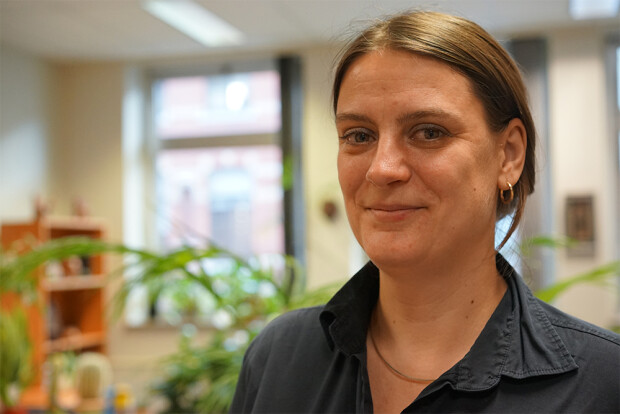
Ruth Müller is a biologist and Professor of Entomology in the Department of Biomedical Sciences at the Institute of Tropical Medicine in Antwerp. Her aim is to better understand the relationships between biodiversity, climate change and human health and to use this knowledge to protect environmental and human health.
She studies the link between mosquito-borne disease risks and global changes using eco-bio-social approaches, develops eco-friendly vector control tools and contributes to the development of integrative prevention and control strategies. She works mainly on disease-transmitting mosquitoes in Europe, Africa, South America and Asia.
Ruth is also passionate to understand the consequences of changing climate around the globe. In her early career she travelled as far as the Arctic to study the environmental risk of increased UV radiation due to ozone depletion and oceans warming due to climate change.
Ruth has an ongoing collaboration with the National Health Research Institute in Nepal, where she studies the mosquito-borne diseases in the Himalaya Hindukush region. She also heads ITM’s new insectarium, built in 2019 with a grant of one million euro.
The facility houses a wide range of insects, including tiger and malaria mosquitoes, tsetse and sand flies. This new research area offers extensive opportunities for interdisciplinary work and enables an improved investigation of tropical diseases, including those linked to climate change.
Next to 57 ISI-listed publications, she published 12 non-ISI-listed scientific publications (e.g., an invited background document on biodiversity and health for the Global Sustainable Development Report 2019; United Nations Framework Convention on Climate Change, Adaptation Knowledge Portal, Health), 9 book chapters and the book “Biodiversity: Effects of Climate Change, Habitat Changes, Pollution and Globalisation” (in German language).